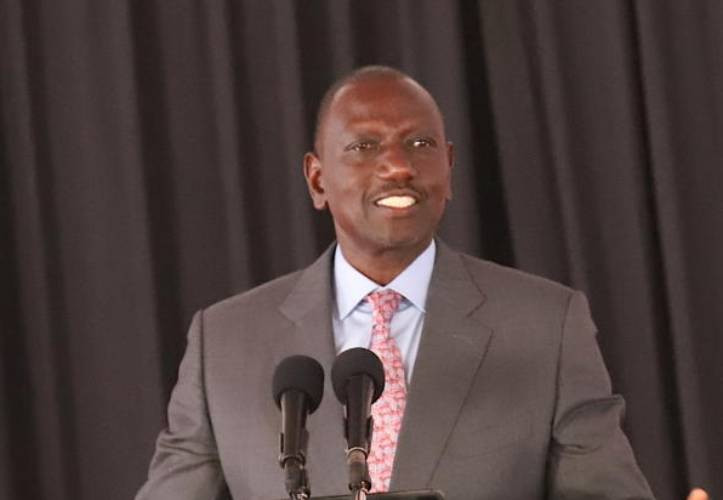×
The Standard e-Paper
Join Thousands Daily

President William Ruto has called on African nations to embrace the global energy transition as a crucial step in addressing the world's climate challenges.
Ruto spoke in Djibouti on Sunday, June 11, 2023, when he addressed the country's National Assembly where he emphasized the importance of sustainable solutions, stating that they have the potential to propel the continent to the forefront of a new industrial revolution.